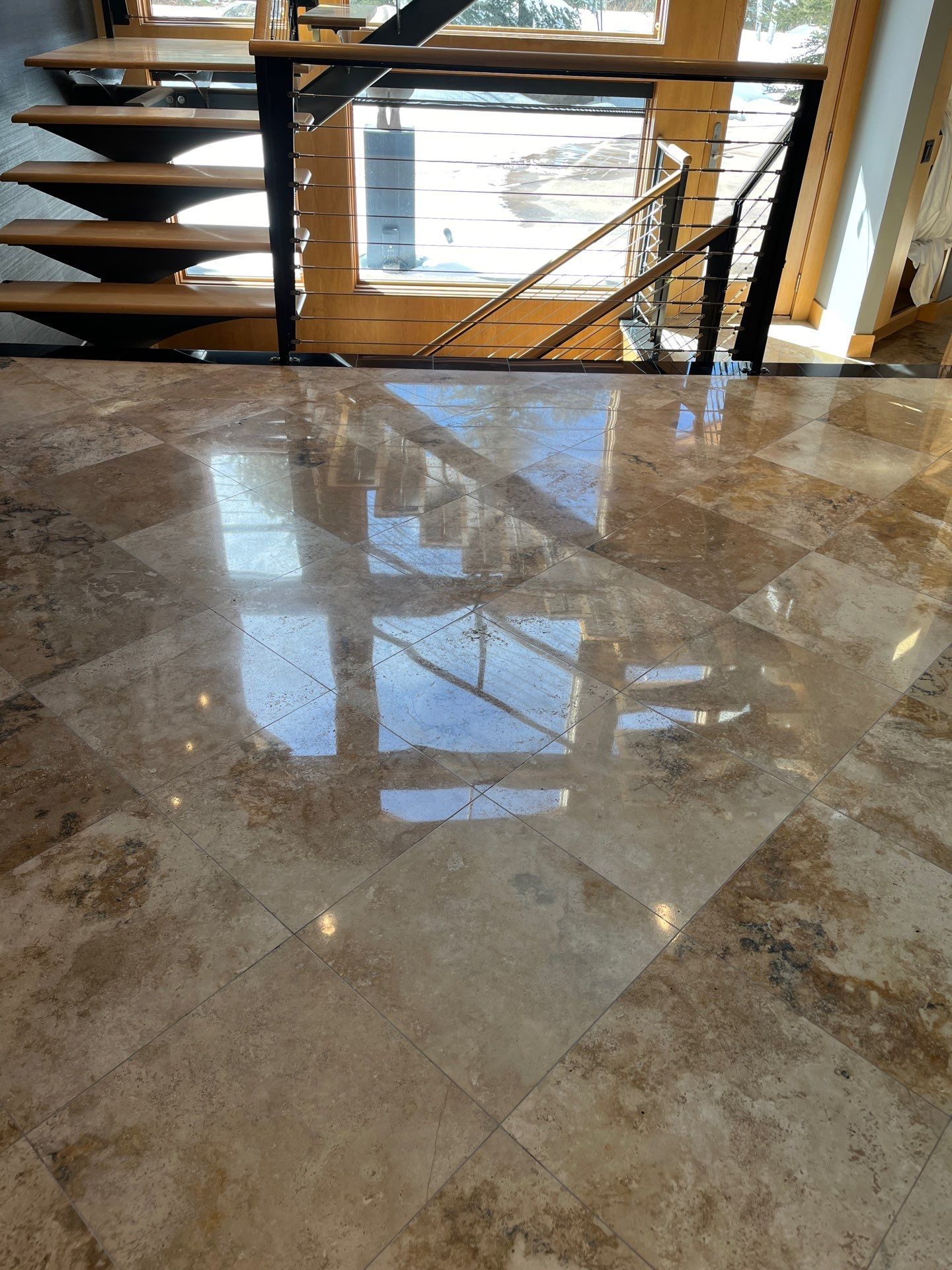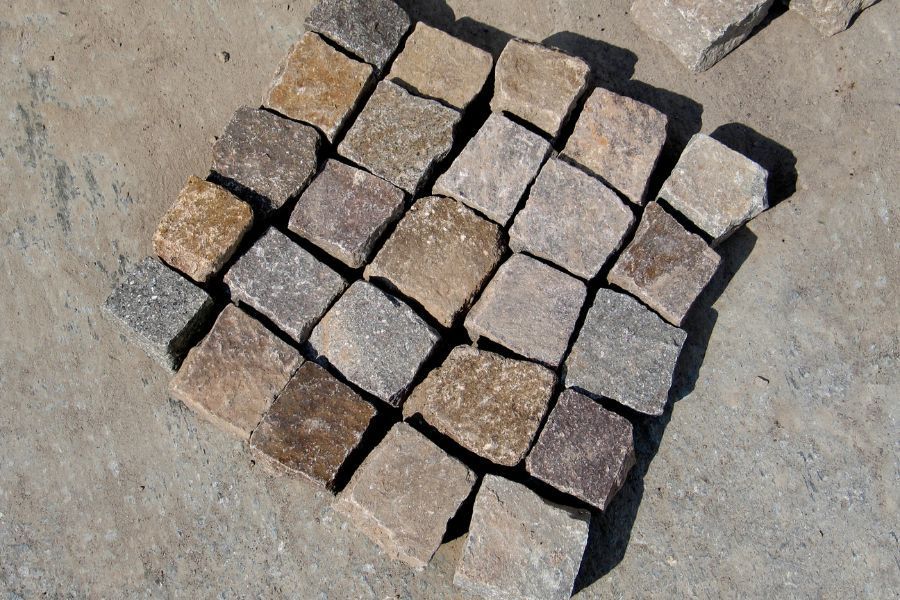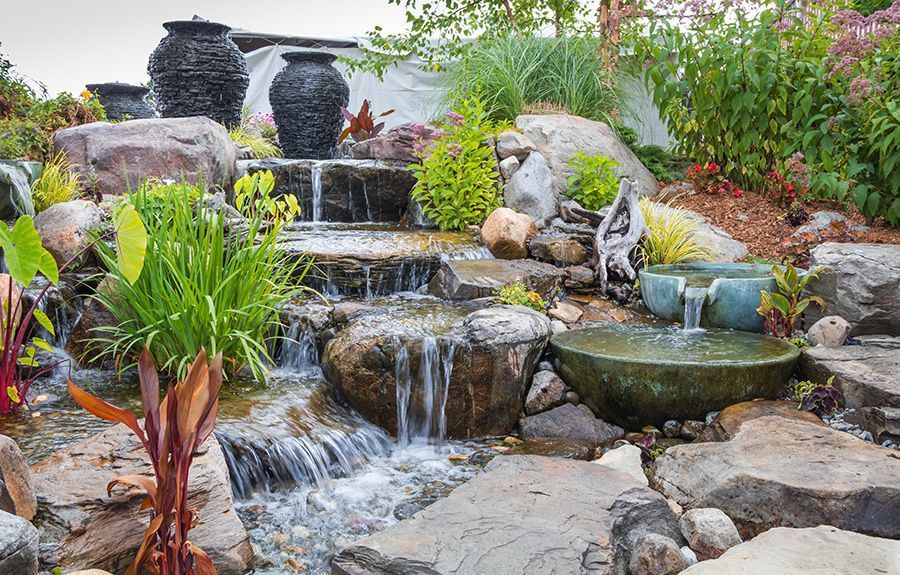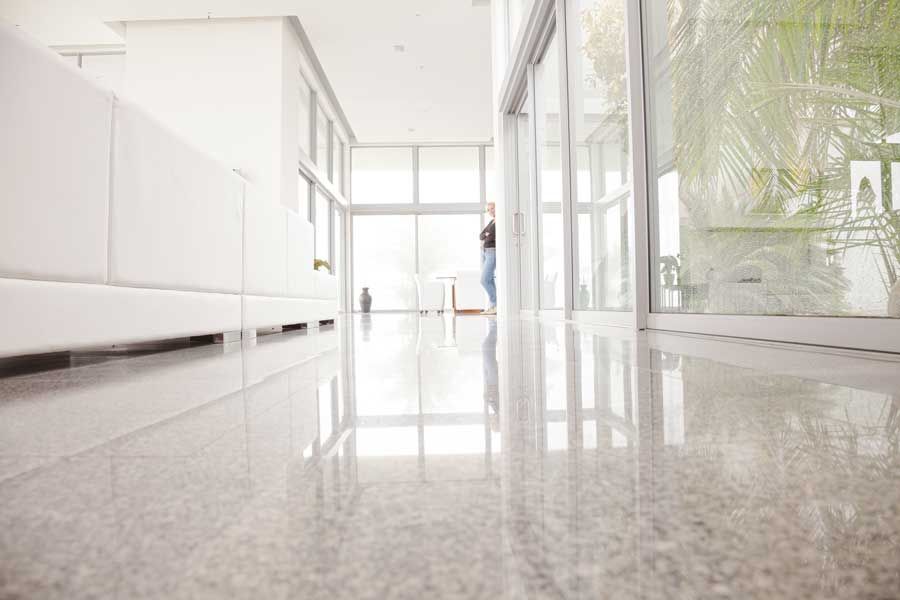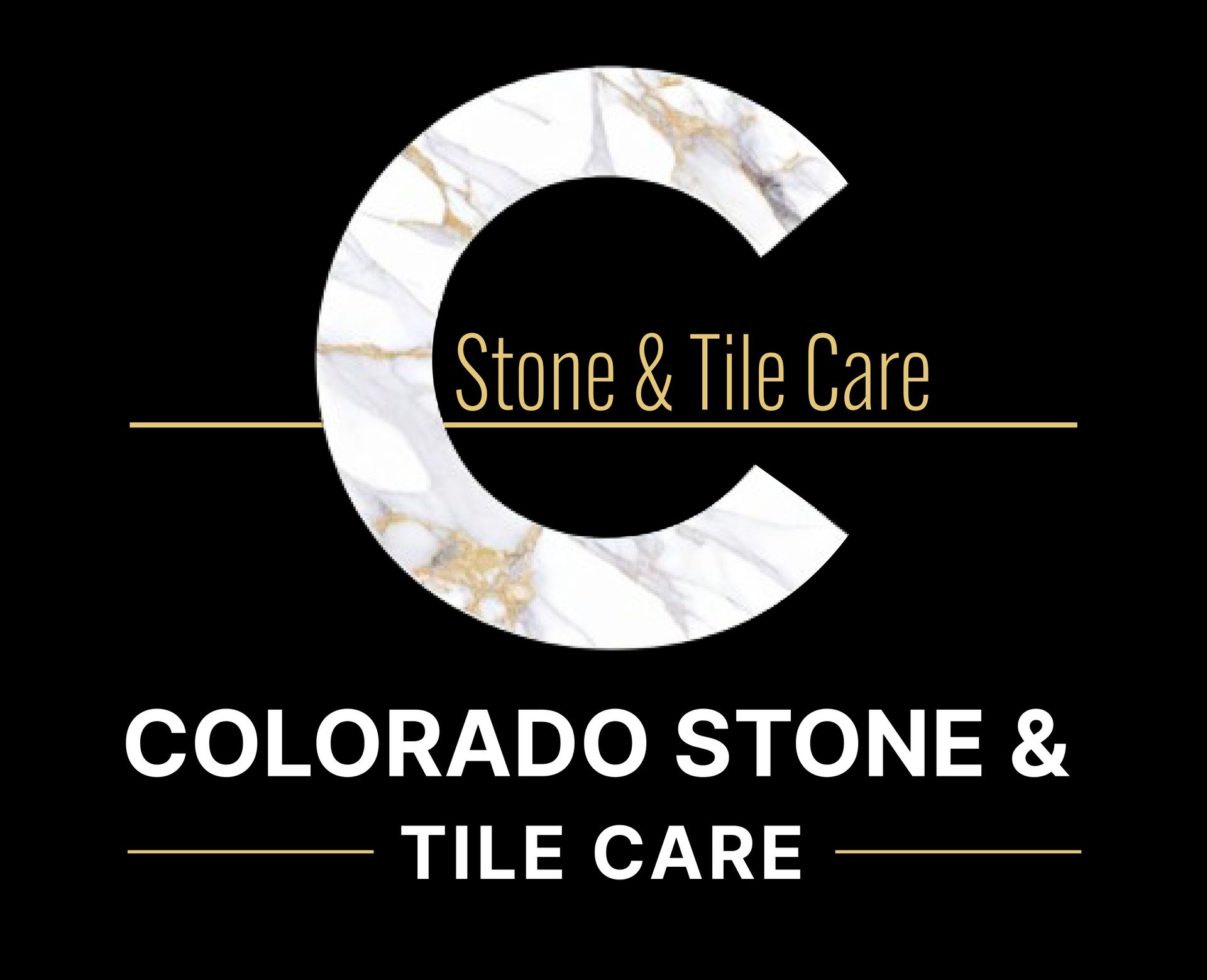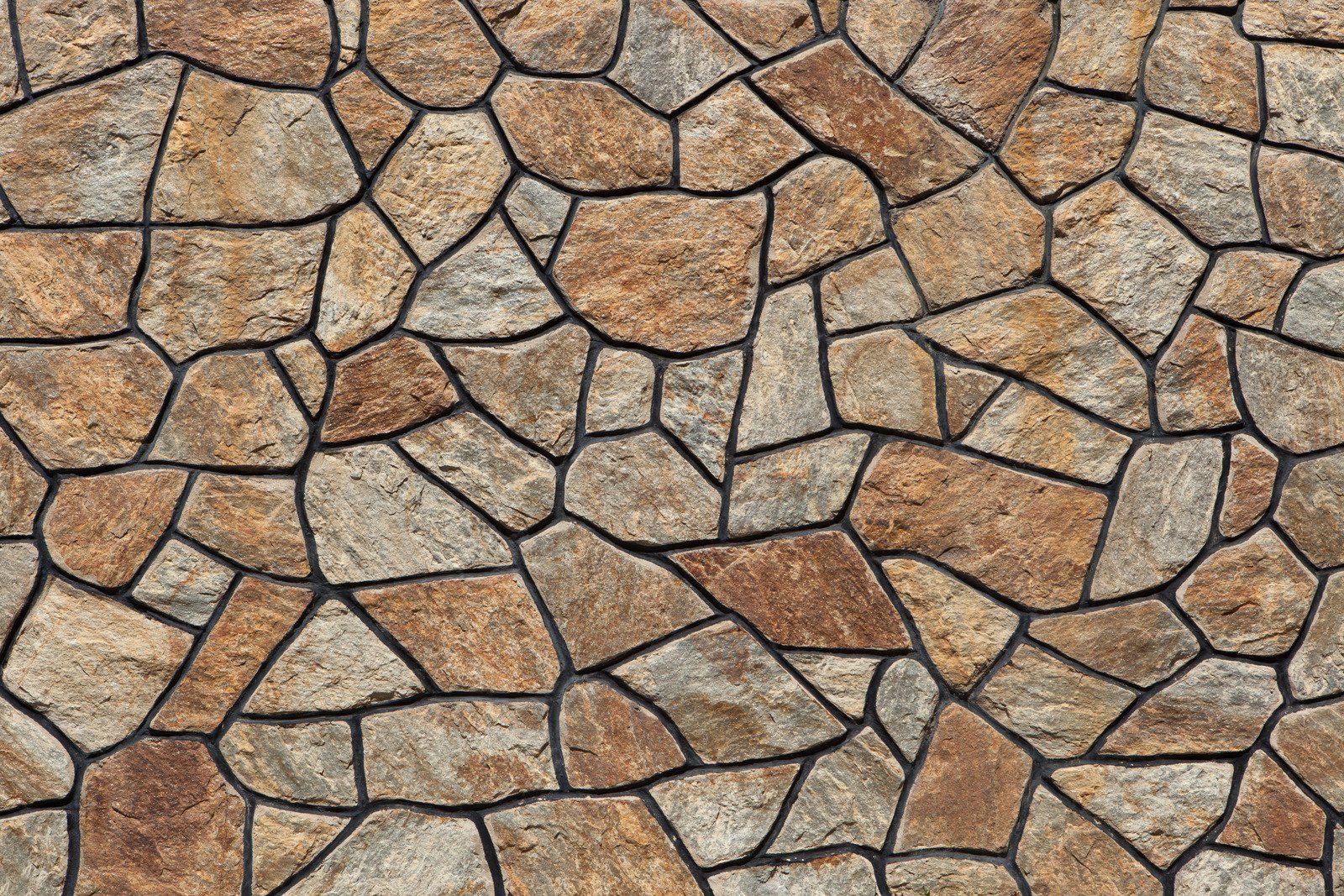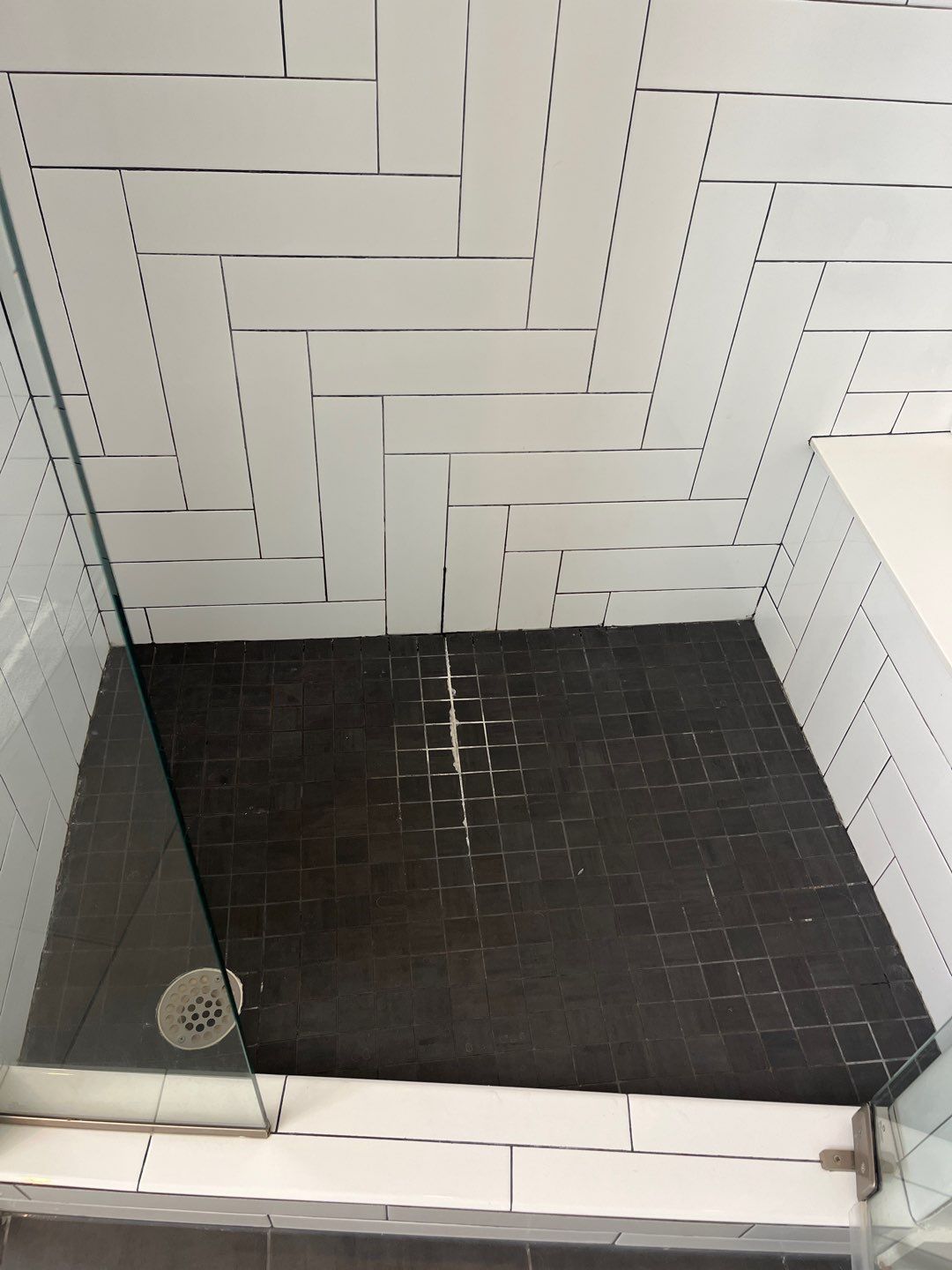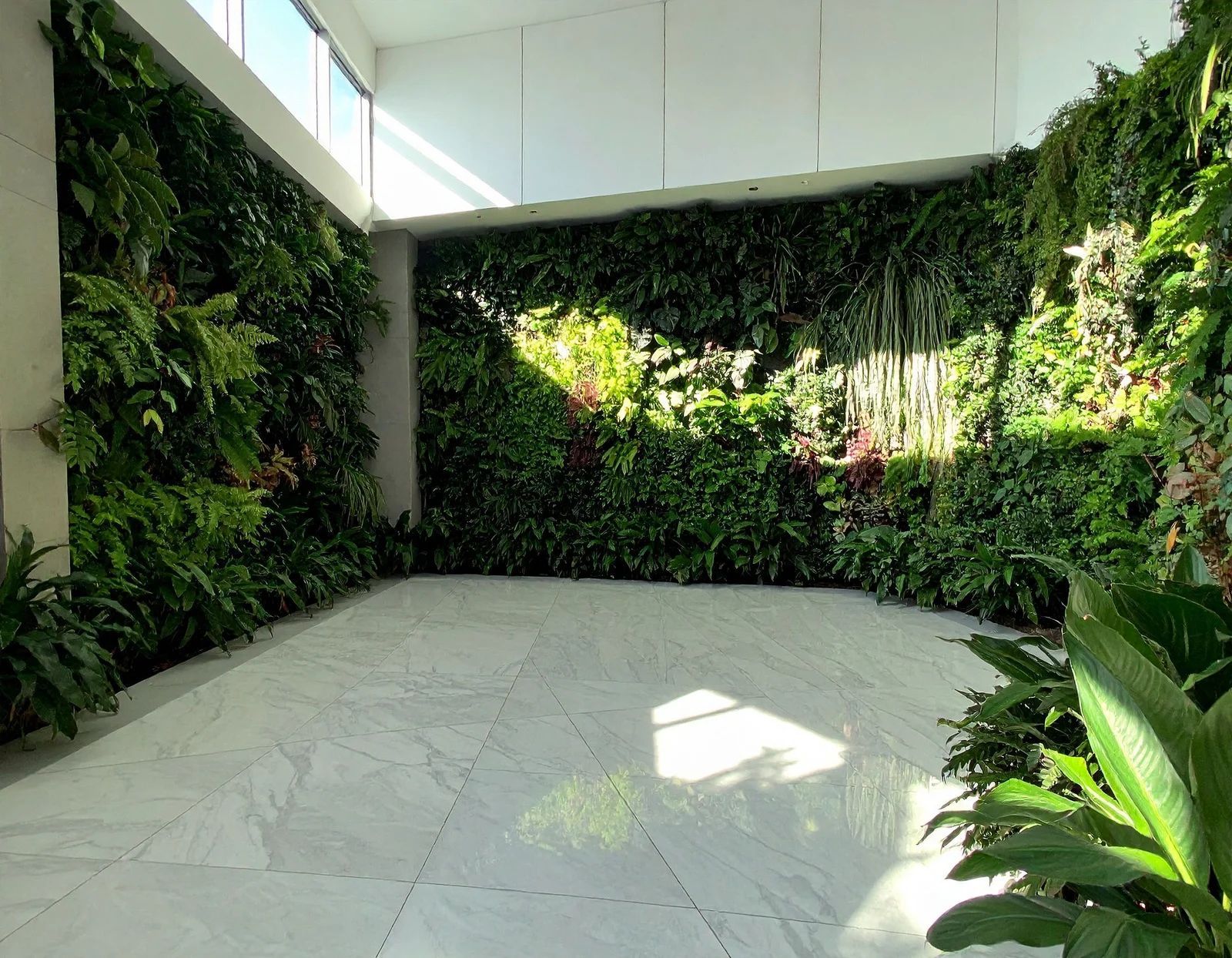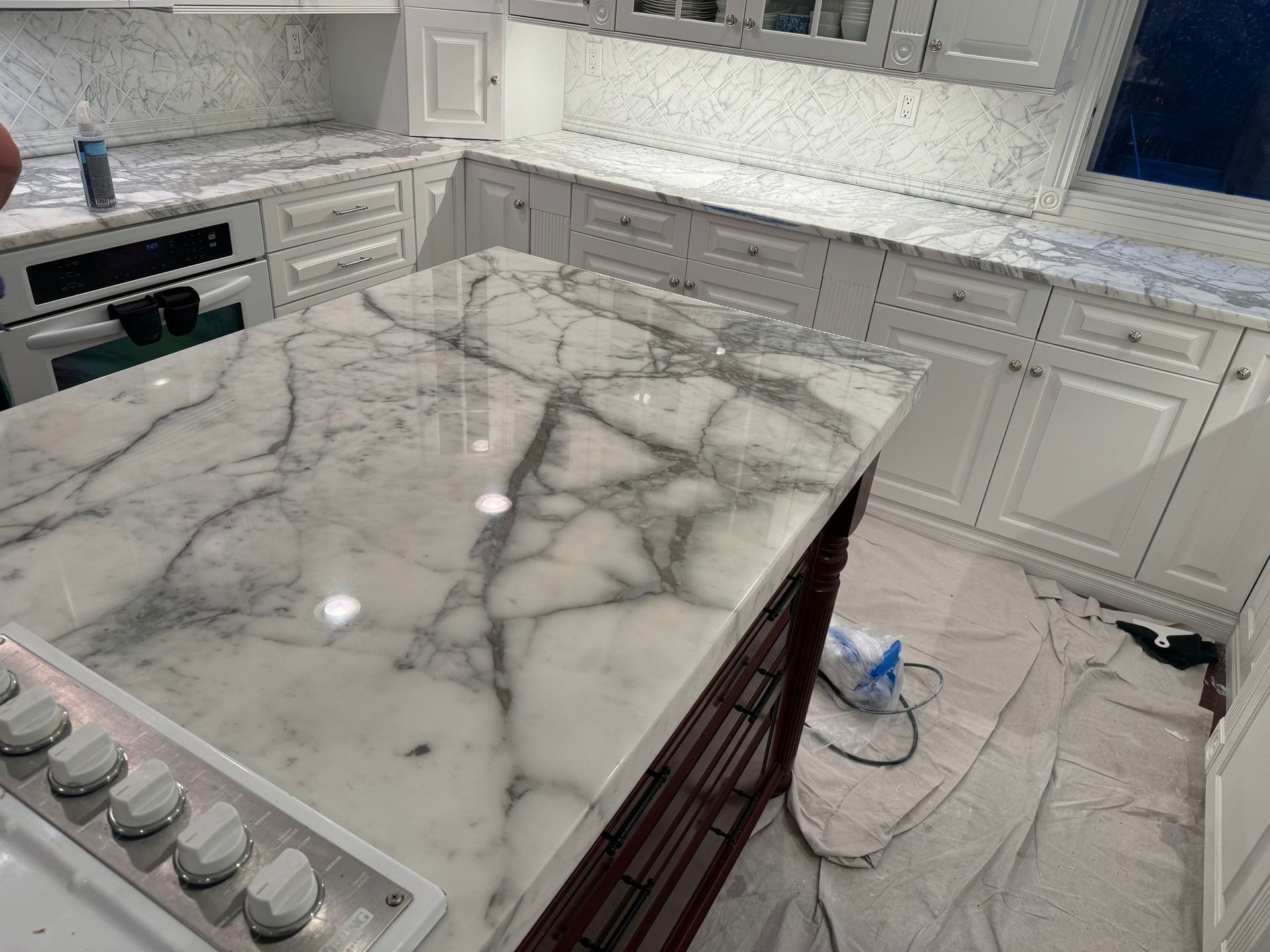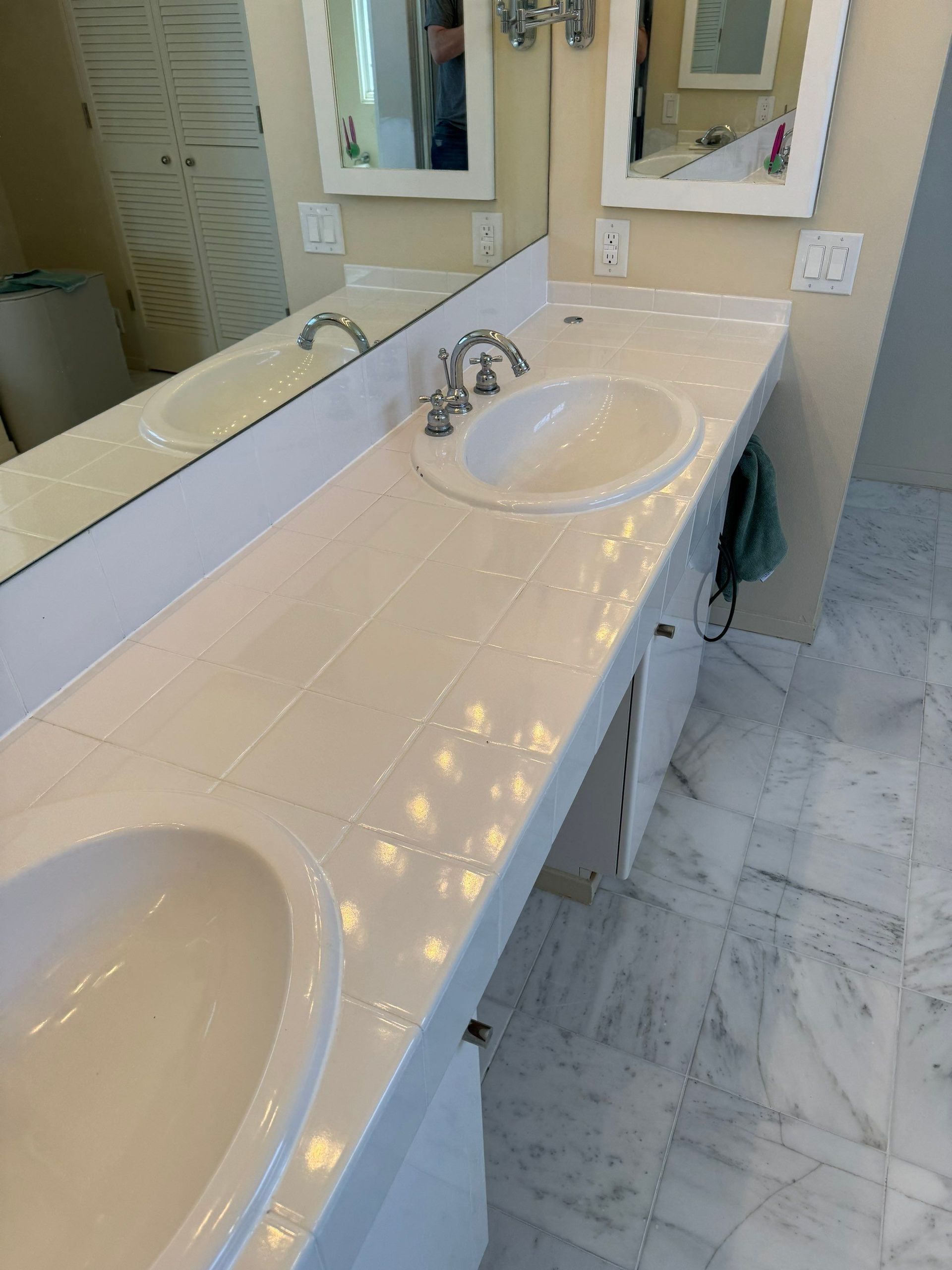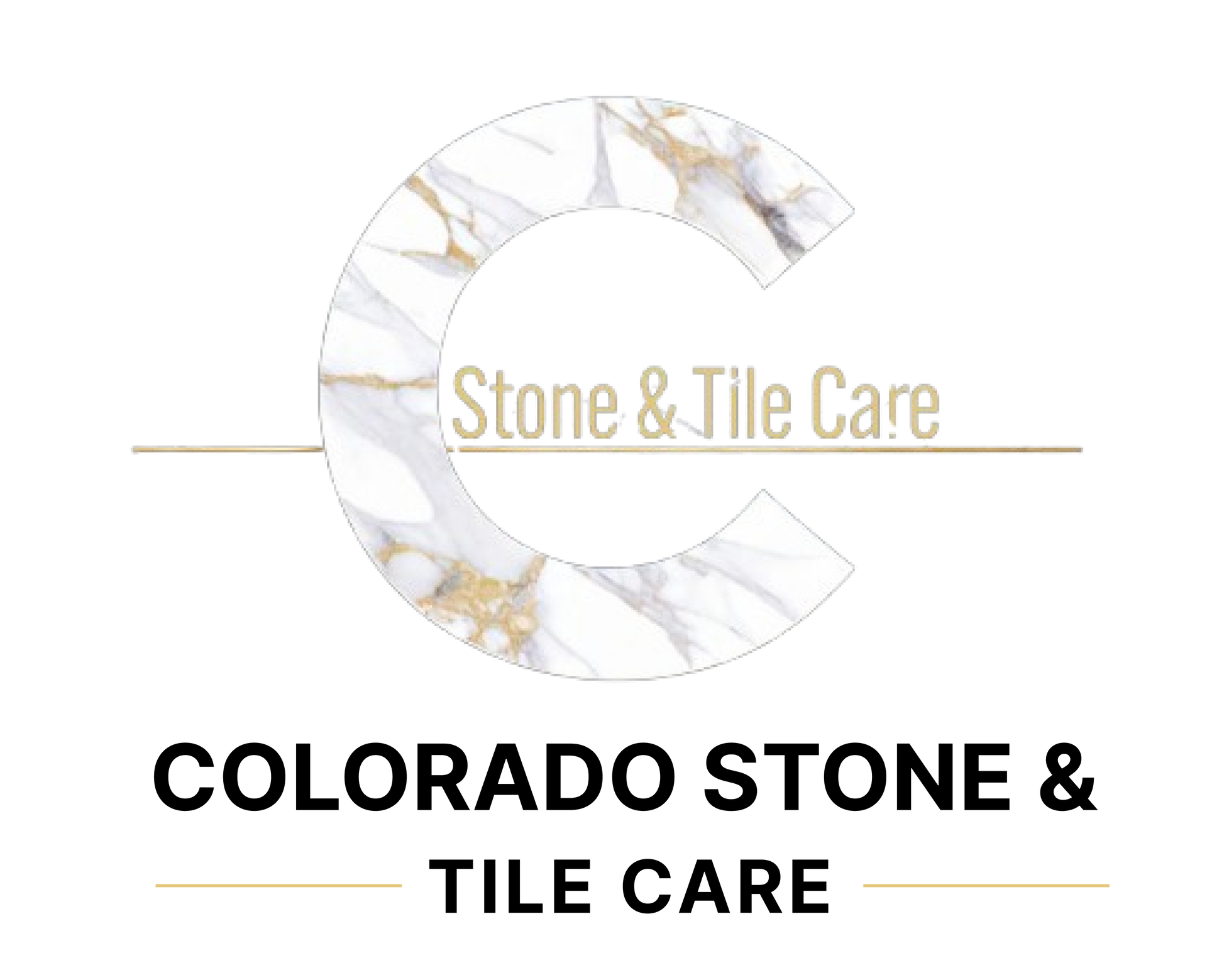The Importance of Sealing Natural Stone in Colorado’s Freeze-Thaw Cycles
Colorado’s winters are notoriously harsh, with temperatures that swing dramatically between day and night. Natural stone, a popular choice for patios, walkways, and interior surfaces, is beautiful, durable, and long-lasting. However, without proper care, it can be vulnerable to the state’s aggressive freeze-thaw cycles. Water can seep into pores and cracks, freeze, expand, and cause damage over time. Sealing natural stone is not just an aesthetic choice—it is a crucial preventative measure to maintain its structural integrity, protect its appearance, and extend its lifespan in Colorado’s unique climate.
Understanding the Freeze-Thaw Challenge
The freeze-thaw cycle occurs when temperatures fluctuate above and below freezing. Water that penetrates natural stone expands when it freezes, creating internal pressure that can lead to cracking, flaking, and erosion. Over time, repeated cycles of freezing and thawing can significantly compromise the stone’s durability and appearance. For homeowners and property managers in Colorado, ignoring this natural process can result in costly repairs or replacement. Even seemingly small cracks can grow over time, weakening the stone and reducing its aesthetic appeal. Understanding this process is the first step toward proactive protection.
Benefits of Sealing Natural Stone
Sealing natural stone creates a protective barrier that prevents water absorption while still allowing the stone to breathe. This barrier reduces the risk of freeze-thaw damage, staining, and discoloration caused by dirt, oils, or environmental pollutants. Additionally, sealed stone surfaces are easier to clean and maintain, preserving their natural beauty and extending their lifespan. A well-sealed surface also resists mold and mildew growth, making outdoor and indoor stone safer and more hygienic. This simple step ensures your stone maintains its original elegance for years.
Types of Stone Sealers
There are several types of sealers available, each designed for different stone types and conditions. Penetrating sealers soak into the stone, offering protection from within without altering its appearance. Topical sealers, on the other hand, form a surface layer that repels water and stains. Choosing the right sealer depends on the stone’s porosity, location, and exposure to weather. Professional guidance ensures the most effective choice for long-term protection. Selecting the appropriate sealer not only safeguards your investment but also enhances the stone’s natural color and texture, making it a worthwhile consideration.
Best Practices for Stone Maintenance in Colorado
Proper sealing is just one part of maintaining natural stone in Colorado’s climate. Regular inspection for cracks or chips, gentle cleaning with pH-neutral solutions, and timely resealing—typically every 1-3 years—are essential practices. By addressing minor issues before they become major problems, property owners can enjoy the beauty and functionality of their stone surfaces for decades. In addition, using protective mats or furniture pads can prevent unnecessary wear and tear. Combined with professional maintenance, these steps ensure your stone remains resilient against harsh seasonal changes.
Trust the Experts atColorado Stone & Tile Care
For homeowners and businesses in Denver, CO, ensuring your natural stone withstands Colorado’s freeze-thaw cycles requires professional expertise. With 14
years of experience, Colorado Stone & Tile Care
specializes in
sealing and maintaining natural stone surfaces to preserve their strength and elegance. Our team understands the challenges posed by Colorado’s climate and provides tailored solutions to protect your investment. From thorough cleaning and high-quality sealers to expert application and maintenance advice, we help your stone surfaces remain stunning and resilient year-round.
